24/7 Helpline:
(866) 899-221924/7 Helpline:
(866) 899-2219
Learn more about Klonopin Detox centers in Union County

Other Insurance Options

Holman Group

Carleon

Horizon Healthcare Service

UMR

Cigna

Highmark

Lucent

Sutter

American Behavioral

Health Net

Covered California

Optima

ComPsych

Ambetter

Kaiser Permanente

EmblemHealth

Magellan Health

Group Health Incorporated

Choice Care Network

United Health Care

Center for Human Development
Center for Human Development is a private rehab located in La Grande, Oregon. Center for Human Devel...

Jonathan M. Wainwright Memorial VA Medical Center – La Grande VA Community Based Outpatient Clinic
Jonathan M. Wainwright Memorial VA Medical Center - La Grande VA Community Based Outpatient Clinic p...

















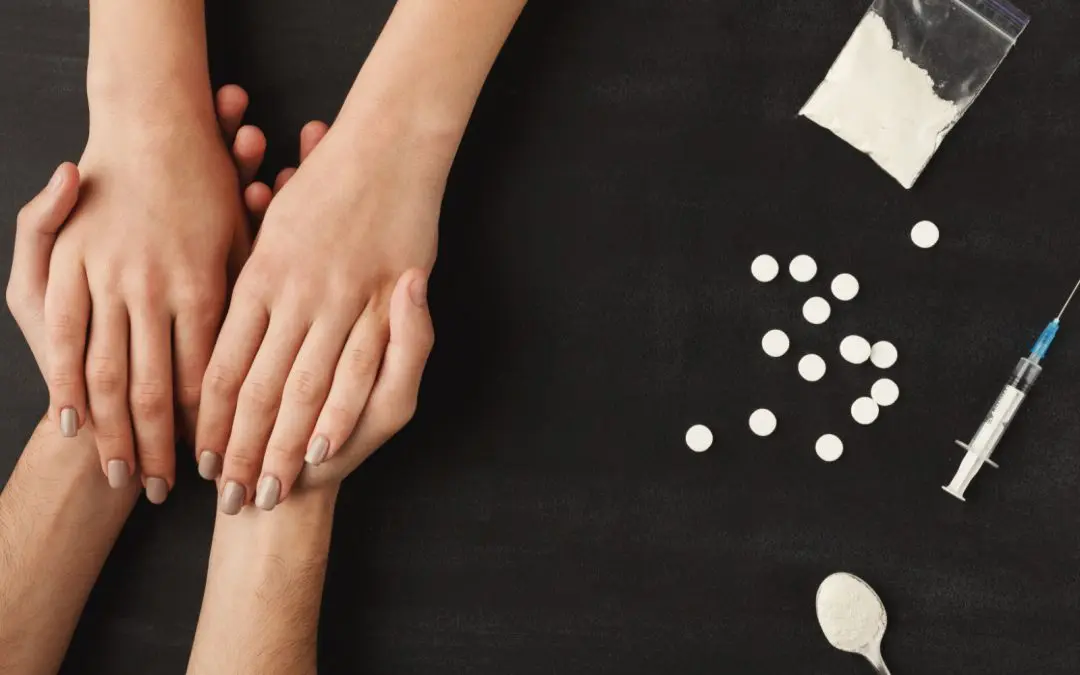


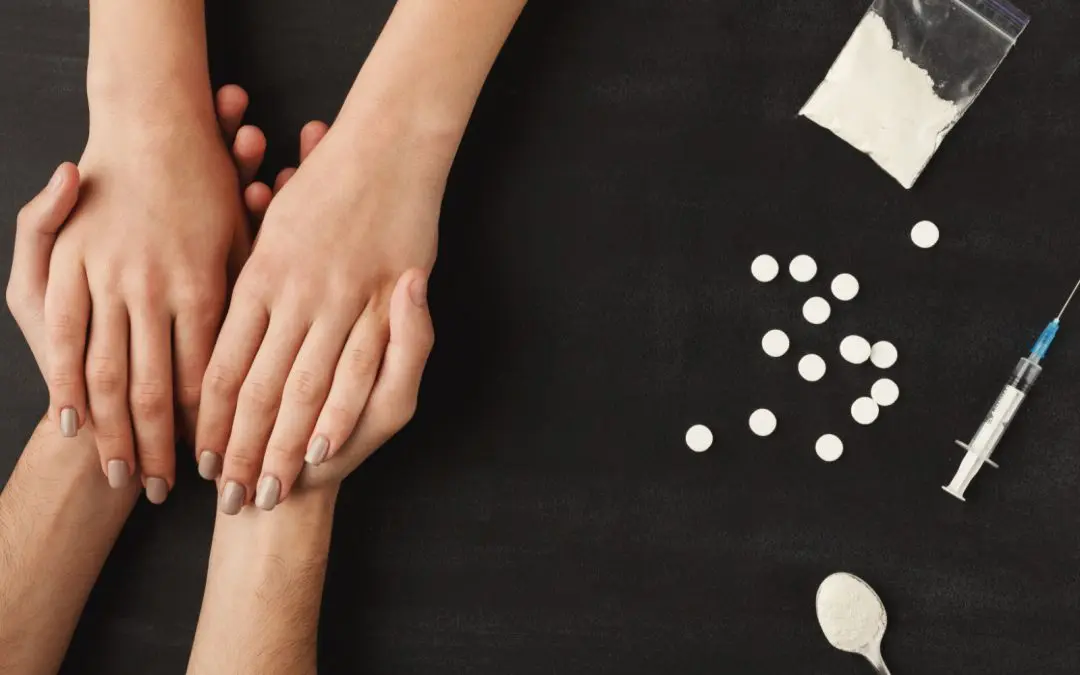











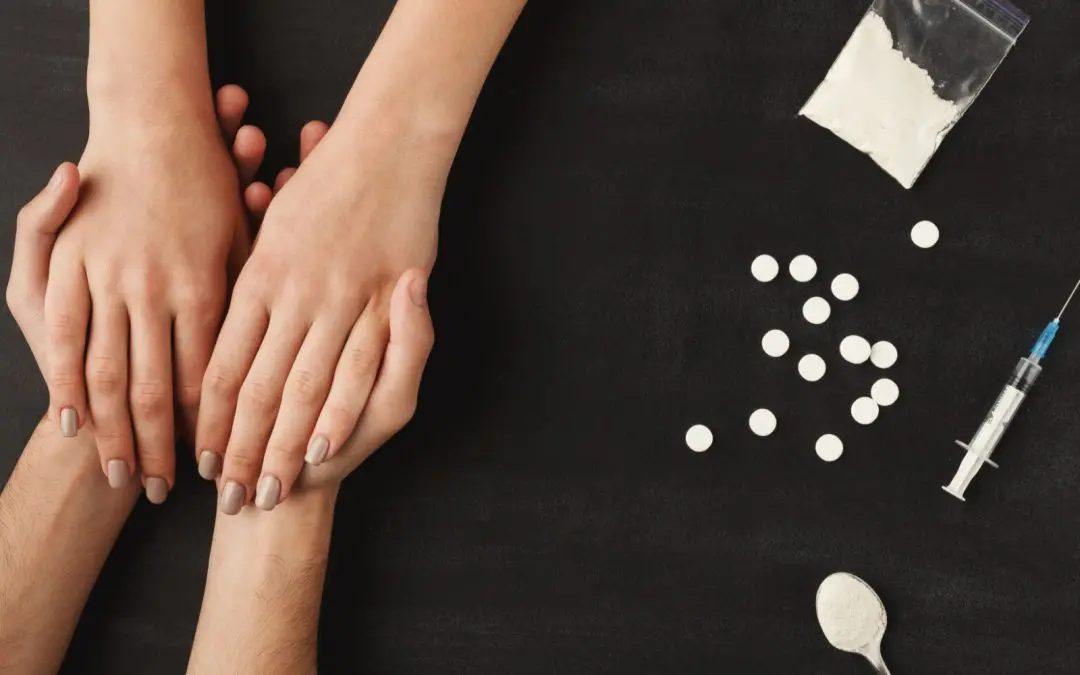






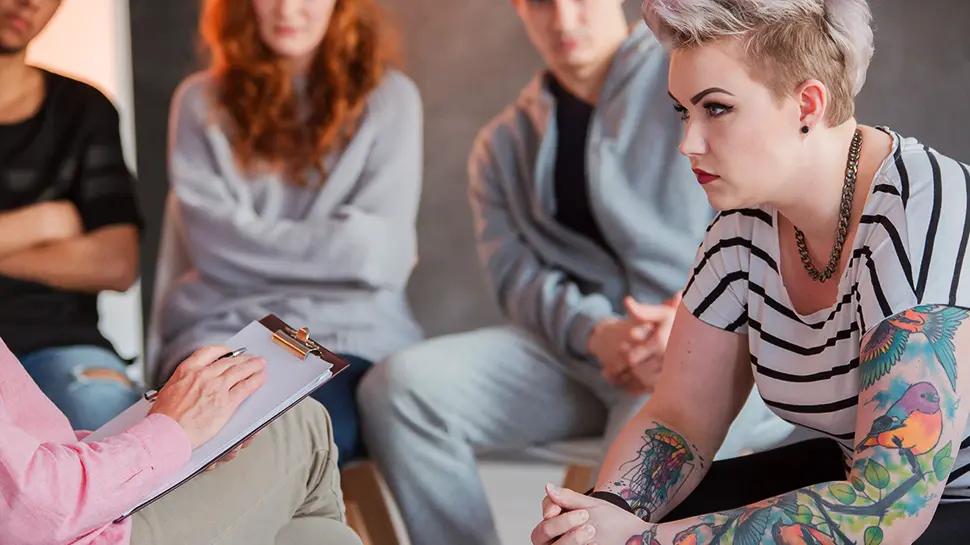
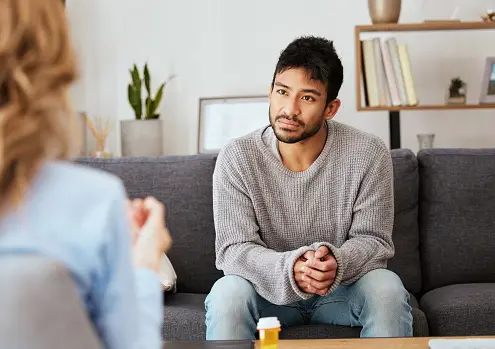
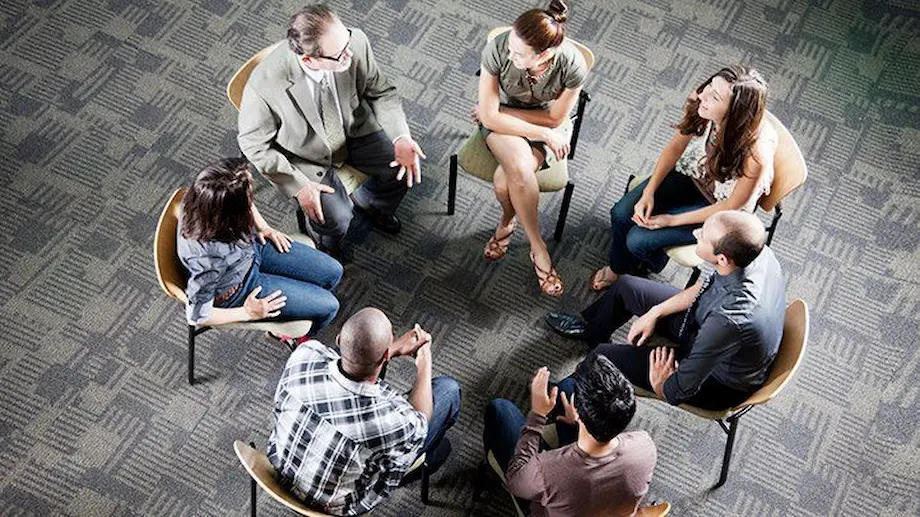

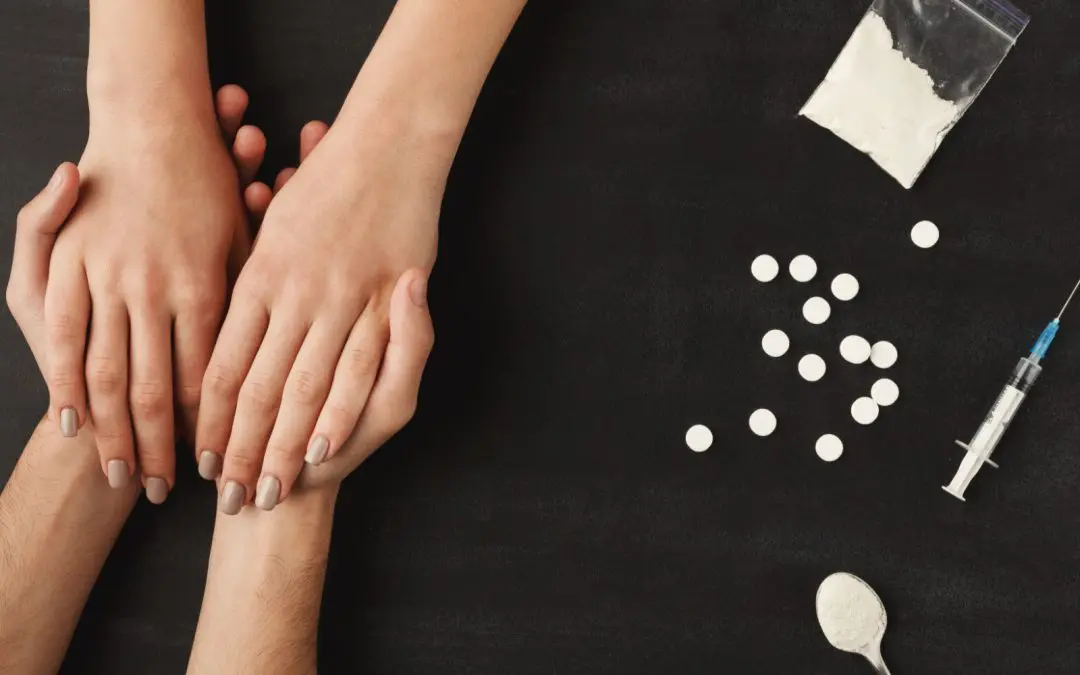



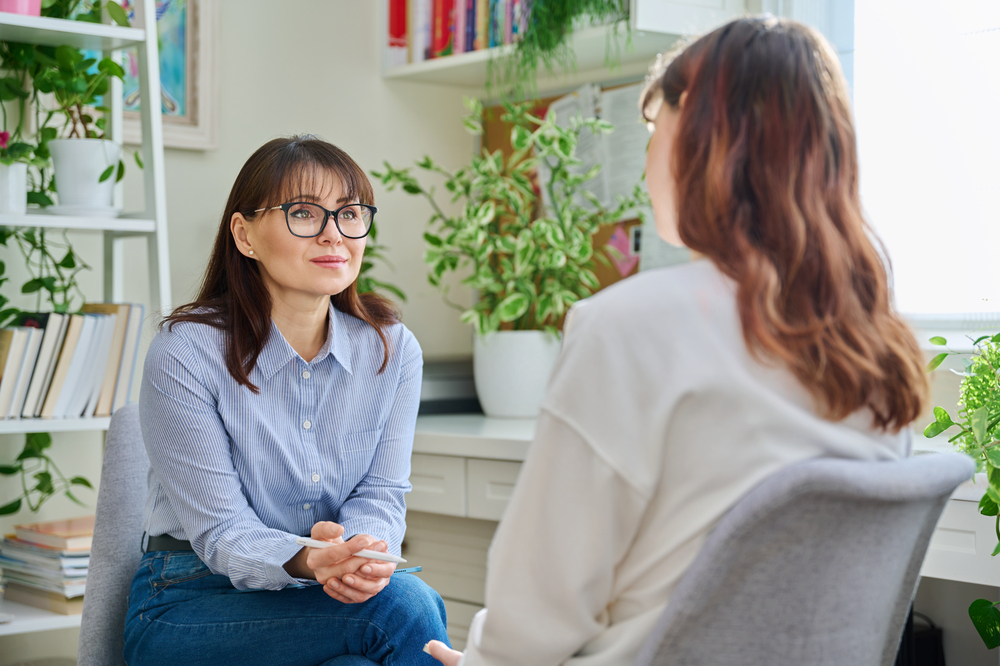




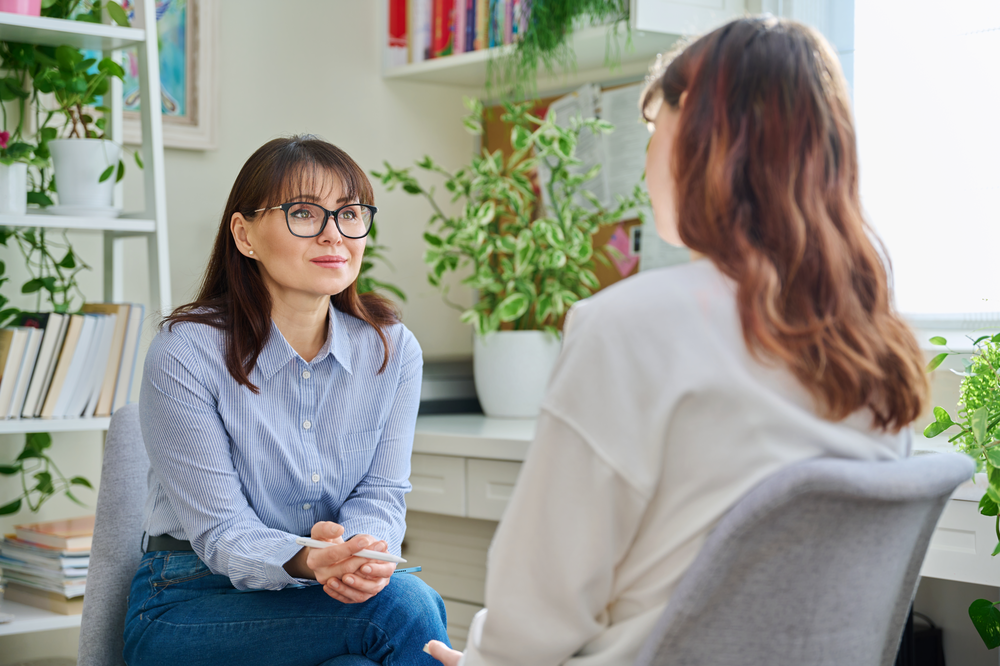



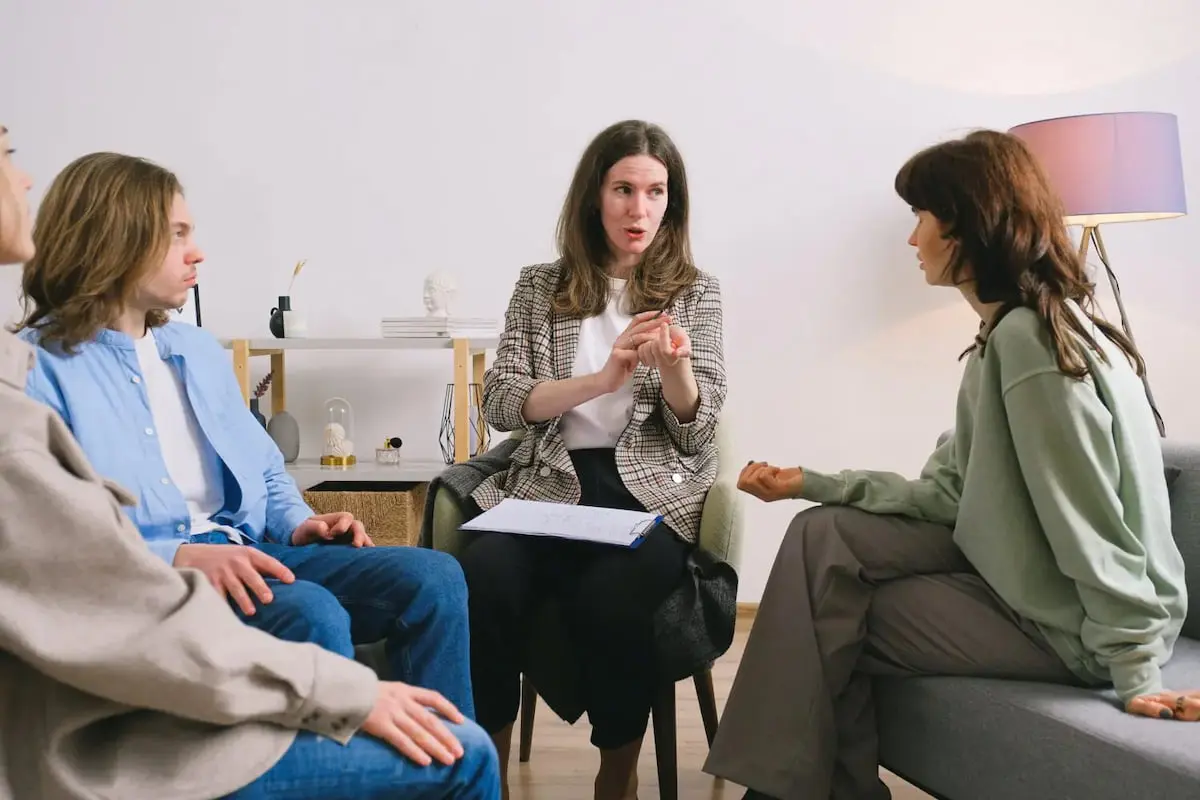
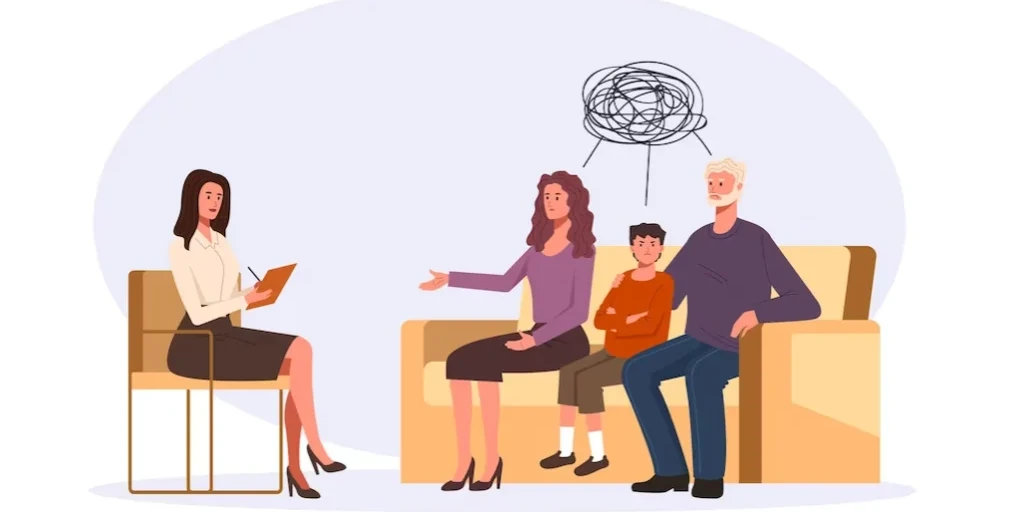


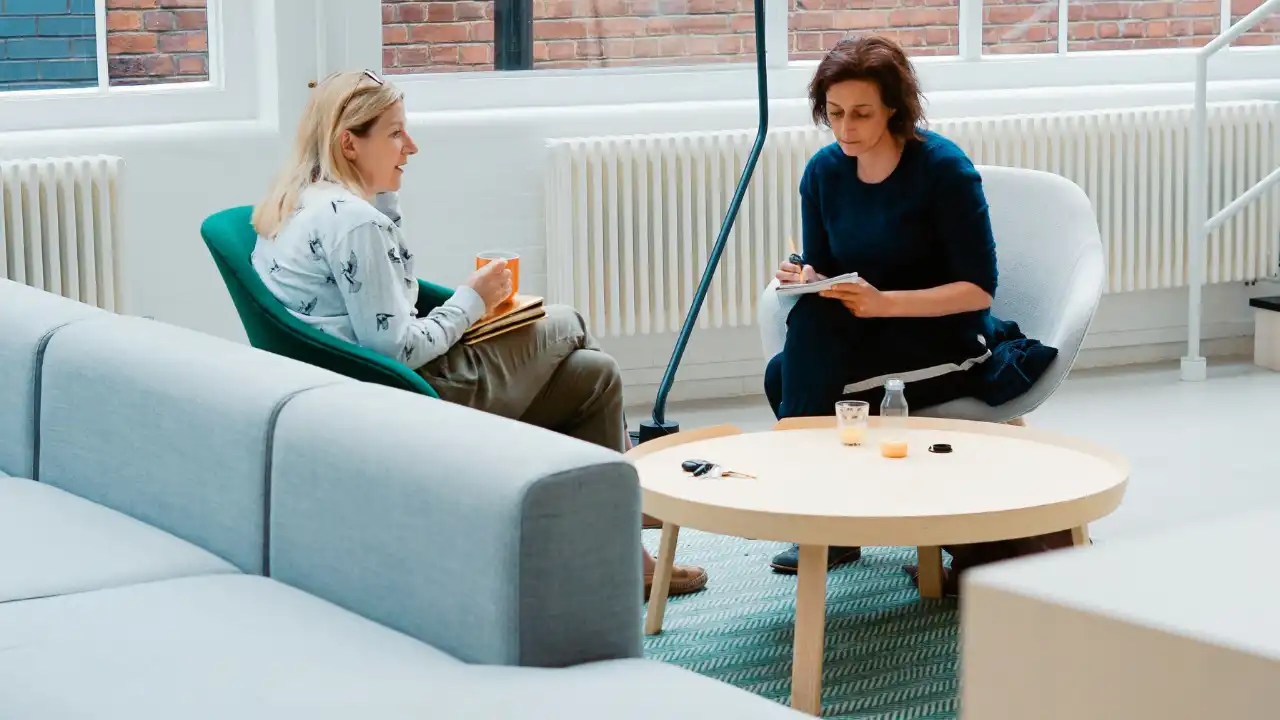



















Heart Steps Counseling Services
Heart Steps Counseling Services is a private rehab located in La Grande, Oregon. Heart Steps Counsel...

Grande Ronde Recovery
Grande Ronde Recovery is a private rehab located in La Grande, Oregon. Grande Ronde Recovery special...


















